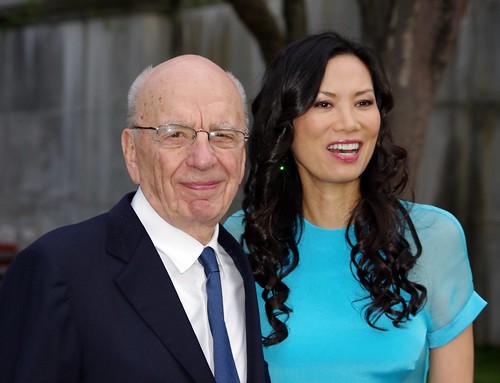
Choosing an attorney is a critical decision and not to be taken lightly. Equally if not more important is who your spouse chooses to have as their attorney. You can follow all the steps in this series of posts on…

I recommend you research and interview several divorce attorneys. This can help you develop and clarify some of your goals and interests and help confirm the choice of process you and your spouse want to use. It’s important to keep…
 Rupert Murdoch’s divorce
Rupert Murdoch’s divorce from his third wife is all but final. It seems they reached a settlement agreement that presumably divides their assets and details a parenting schedule for their two children. Who did what to whom? Who is the…

Choosing an attorney to represent you in a divorce proceeding at first may sound fairly straightforward. Too often I see this critical step not being given the attention it deserves. Sometimes it is simply a friend, relative or co-worker who…
My Pilates instructor, Maria Franklin, is a truly gifted holistic healer, committed to creating physical, emotional and spiritual strength and balance. During each class, Maria imparts nuggets of wisdom as we flex and twist. Maria reminds us that “practice makes…
 The following blog was written by Bruce Peck, a Collaborative Attorney.
Bruce can be reached at (952) 435-6799 and www.brucepecklaw.com.
The following blog was written by Bruce Peck, a Collaborative Attorney.
Bruce can be reached at (952) 435-6799 and www.brucepecklaw.com.
Some injuries heal as effortlessly as skinned knees on children. Other injuries take longer, and leave scars. Some injuries are…
 Choosing an attorney is a critical decision and not to be taken lightly. Equally if not more important is who your spouse chooses to have as their attorney. You can follow all the steps in this series of posts on…
Choosing an attorney is a critical decision and not to be taken lightly. Equally if not more important is who your spouse chooses to have as their attorney. You can follow all the steps in this series of posts on…  Rupert Murdoch’s divorce from his third wife is all but final. It seems they reached a settlement agreement that presumably divides their assets and details a parenting schedule for their two children. Who did what to whom? Who is the…
Rupert Murdoch’s divorce from his third wife is all but final. It seems they reached a settlement agreement that presumably divides their assets and details a parenting schedule for their two children. Who did what to whom? Who is the… 

